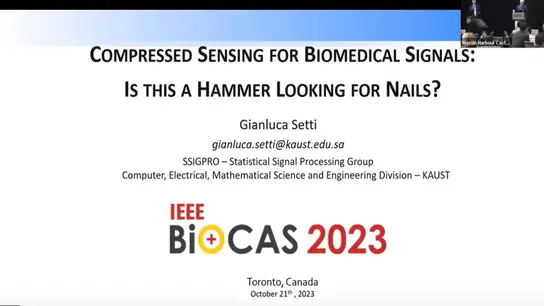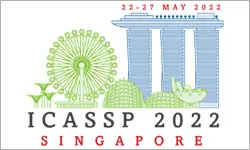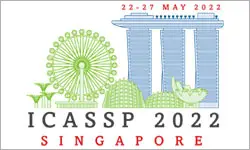INFORMATION THEORETIC LIMITS FOR STANDARD AND ONE-BIT COMPRESSED SENSING WITH GRAPH-STRUCTURED SPARSITY
Adarsh Barik, Jean Honorio
-
Members: FreeSPS
IEEE Members: $11.00
Non-members: $15.00Length: 00:15:43
13 May 2022
In this paper, we analyze the information theoretic lower bound on the necessary number of samples needed for recovering a sparse signal under different compressed sensing settings. We focus on the weighted graph model, a model-based framework proposed by \cite{hegde2015nearly}, for standard compressed sensing as well as for one-bit compressed sensing. We study both the noisy and noiseless regimes. Our analysis is general in the sense that it applies to any algorithm used to recover the signal. We carefully construct restricted ensembles for different settings and then apply Fano's inequality to establish the lower bound on the necessary number of samples. Furthermore, we show that our bound is tight for one-bit compressed sensing, while for standard compressed sensing, our bound is tight up to a logarithmic factor of the number of non-zero entries in the signal. \textit{A full version of this paper is accessible at:} \url{https://www.cs.purdue.edu/homes/abarik/abarik_cs_icassp_full.pdf}



